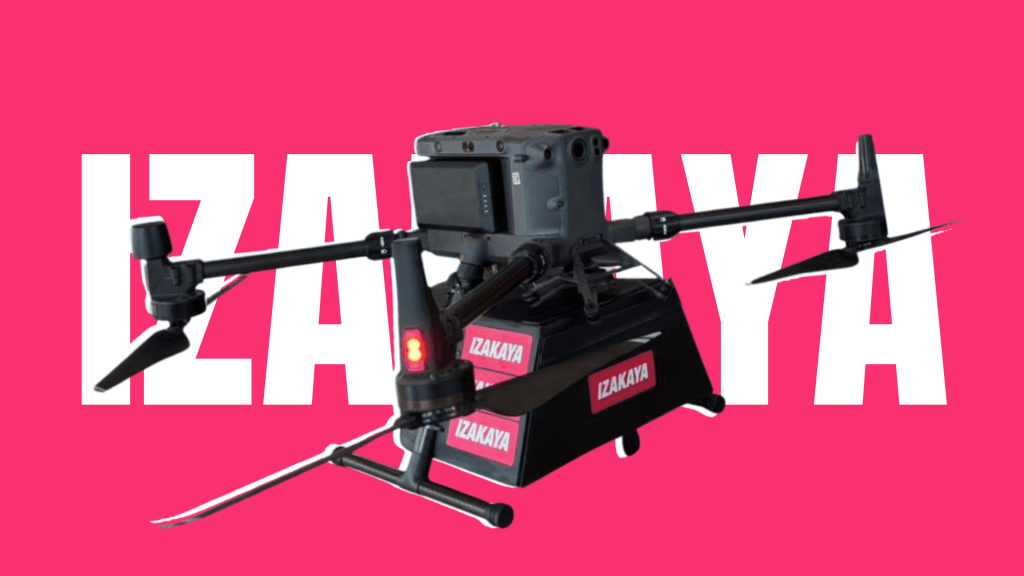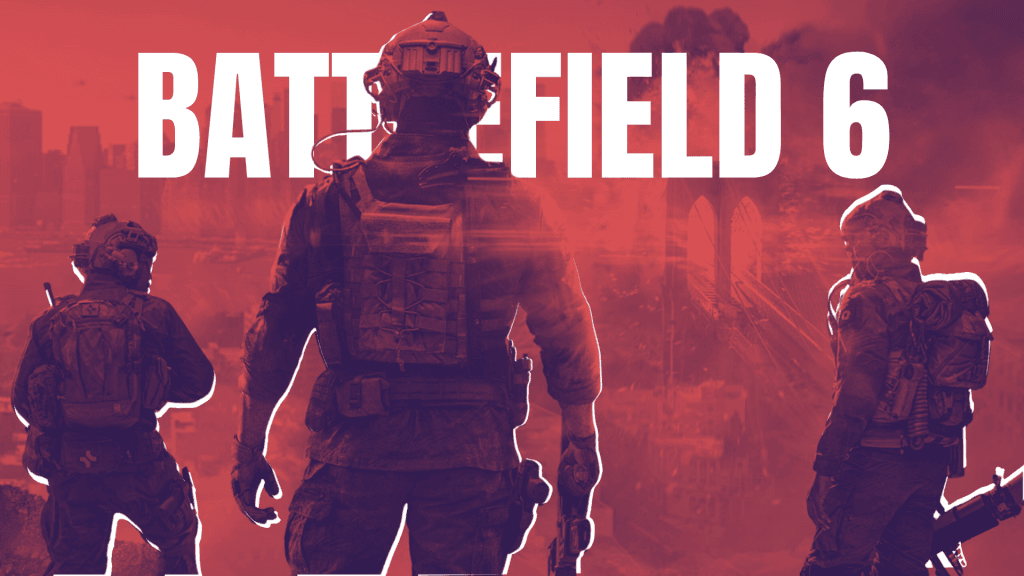The integration of Artificial Intelligence (AI) into military operations marks a pivotal moment in technological advancement. While AI’s impact on everyday life is already profound, its growing application in defense has sparked renewed discussion and opened new avenues for innovation. The U.S. Department of Defense (DoD) recently awarded substantial contracts to Google and Elon Musk’s xAI, along with two other leading AI companies. This move signifies not only a recognition of these companies’ technological prowess but also a clear indication of AI’s increasing importance in the defense sector and the burgeoning collaboration between government and major tech firms. The United States aims to enhance its military capabilities through modern technology, a development that could significantly influence the global balance of power.
Here are the key takeaways from this significant development:
- The U.S. Department of Defense’s Chief Digital and Artificial Intelligence Office (CDAO) has awarded individual contracts valued at up to $200 million each to Google, xAI, OpenAI, and Anthropic.
- These contracts are primarily aimed at leveraging advanced AI capabilities to address critical national security challenges.
- xAI has launched its “Grok for Government” suite, specifically designed for U.S. federal agencies, which includes a $200 million contract with the Pentagon.
- The agreements encompass the deployment of various agentic AI workflows, Large Language Models (LLMs), and other cutting-edge AI technologies.
- xAI’s products are now available for purchase by any federal agency through the General Services Administration (GSA) Schedule, opening up a vast government market for the company.
The Military Imperative: Why the DoD is Embracing AI
The DoD’s decision to pursue these partnerships stems from clear strategic imperatives. In modern warfare, the ability to rapidly process information and make informed decisions is paramount. Artificial intelligence is emerging as a game-changer in this regard. As reported by Reuters, the Pentagon seeks to integrate commercially available AI capabilities into its operations to enable the military to operate more swiftly and effectively.
Dr. Doug Matty, the CDAO’s principal director, stated to Defense One that “The adoption of AI is transforming the Department’s ability to support our warfighters and maintain strategic advantage over our adversaries.” He further elaborated, “Leveraging commercially available solutions into an integrated capabilities approach will accelerate the use of advanced AI as part of our Joint mission essential tasks in our warfighting domain as well as intelligence, business, and enterprise information systems.”
These contracts offer AI companies not only substantial financial benefits but also an opportunity to validate their technology on a high-stakes platform. Notably, OpenAI lifted its prohibition on military applications last year and introduced “OpenAI for Government,” signaling a growing willingness among major tech firms to engage with the defense sector, a stance that was once contentious for many.
Specific Roles for Google and xAI
Google, through its cloud services, has a long-standing history of working with the government sector. This new contract is set to bolster their defense-related AI capabilities. Jim Kelly, VP of Federal Sales for Google Public Sector, highlighted in a blog post that these advanced AI solutions will empower the DoD to effectively tackle defense challenges and broaden the integration of agentic AI across enterprise systems, thereby fostering innovation and efficiency through agile and proven technology.
On the other hand, Elon Musk’s xAI, recognized for its sometimes controversial chatbot Grok, has now entered the government sector with its ‘Grok for Government’ suite. According to The Economic Times, xAI’s move is particularly significant, as the company has secured a Pentagon contract despite some of Musk’s public controversies. Under ‘Grok for Government,’ xAI will make its advanced Grok 4 model and features like Deep Search available to government clients. Furthermore, xAI will develop custom models for national security and critical scientific applications and will deploy engineers with government security clearances.
Maginative noted that xAI’s products are now also accessible via the General Services Administration (GSA) schedule. This means any federal government department, agency, or office can now procure xAI’s products, effectively opening up a massive market for the company.
The Imperative of AI in a Competitive World
The global landscape of military technology is increasingly shaped by AI. Nations like China and Russia are heavily investing in artificial intelligence, making it critical for the United States to continually advance its own AI capabilities. As per a report from AFCEA International, Radha Plumb, the Pentagon’s Chief Digital and AI Officer, announced the establishment of the AI Rapid Capabilities Cell (AI RCC) to accelerate the adoption of advanced AI capabilities within the department. She emphasized, “The adoption of AI by adversaries such as China, Russia, Iran, and North Korea is rapidly accelerating and poses a significant national security risk.”
These contracts represent not only immense financial opportunities for large tech companies but also a chance to apply their technological innovations to the military domain. While this collaboration may foster new technological developments, it also invariably re-ignites discussions surrounding the ethical deployment and oversight of such powerful technology.
Ethical and Security Considerations
The involvement of tech companies in military contracts is not new, but the deployment of a potent technology like AI frequently raises ethical dilemmas. Critics express concerns that military AI applications could diminish human decision-making and heighten the risk of erroneous judgments. However, the Pentagon and allied organizations maintain that AI will serve to assist, not replace, human decision-makers. The DARPA’s “Explainable Artificial Intelligence (XAI)” program aims to develop AI systems that can elucidate their decisions, thereby building trust among human operators.
These contracts will not only redefine future warfare but also reshape the relationship between the tech industry and the government. Through these partnerships, the U.S. Department of Defense aims to rapidly harness cutting-edge AI technology to maintain its military superiority. This will undoubtedly intensify the global military technology race, further solidifying artificial intelligence’s indispensable role in future international politics and security.
Sources:
[suspicious link removed]








